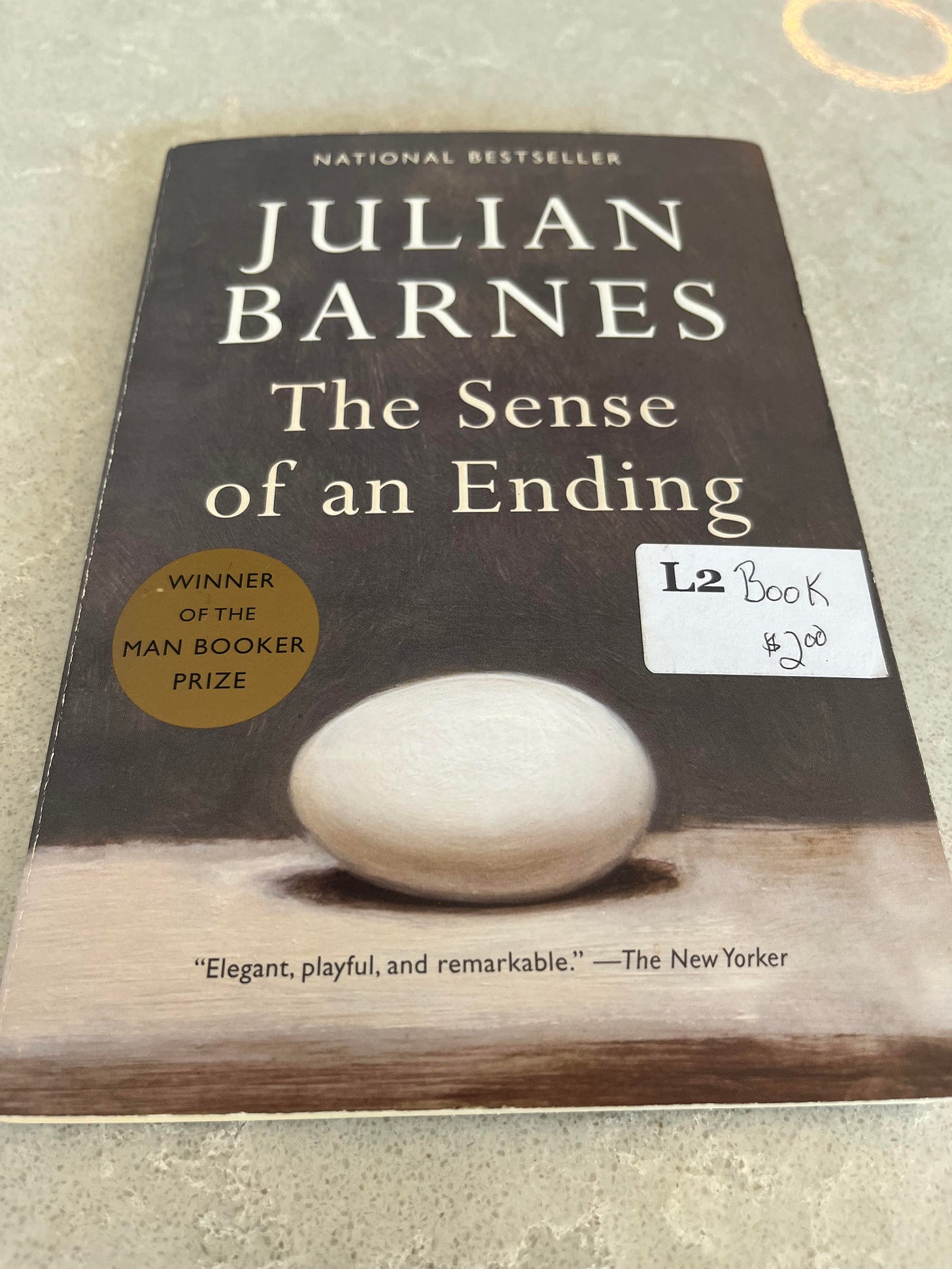Costco and Your Local Bookstore
Costco recently announced it would stop selling books year round. I learned this news in my remaining small corner of social media, Bluesky, from an already-viral post from a famous writer encouraging people not to worry; we can just “support your local bookstore” followed by lots of fist bump replies.
On its face, “support your local bookstore” is an anodyne, good suggestion. Small businesses are worthy supporting, local bookstores better understand the publishing ecosphere and support small presses, Amazon has imperiled indie bookstores, etc. But seen from another perspective, the assumption embedded in “your local bookstore!” reveals a regrettable, and, dare I say, politically problematic, ignorance.
Look at this map of independent bookstores in the United States (it may not be the most current; indie bookstores are seeing a boomlet of late. Cincinnati had about1 one two years ago, and has about eight2 now).
Now look at the blank spaces.
There are millions (and millions) of Americans who do not have a “local bookstore.” Even in the areas on that maps filled with dots, if you zoom in you will find blank spaces in the less prosperous neighborhoods.
Please do not blame areas with sparse populations for not having a bookstore. I lived in a small town of 5,000 people for many years, and we all complained that there was no bakery. A bakery would really improve our lives, we declaimed, we’d buy tons of bread. But then someone pointed out that you need at least 8,000 people to even try to support one lil’ bakery, and we sighed (and, often, moved). The same is of course true of bookstores, although that copy of Persuasion will never go bad (we had a bookstore, though, because it was a college town).
In July, Belt is publishing an anthology of essays by people living in Scranton, Pennsylvania. There is no “local independent bookstore” in Scranton to support (or for me to reach out to stock). This does not mean people who live in Scranton do not buy books, however, even if not a single one supports their local bookstore.
Here are a few places, in addition to Costco, that sell books in Scranton: Walmart, Target, Walgreen, CVS, Giant Eagle, Food Lion, Rite Aid, Ace Hardware, Trolley Museum of Lackawanna County, Anthracite Heritage Museum, Lackawanna County Coal Mine. (I know this because Arcadia (Belt’s new parent company), published a successful book about Scranton last year)
I will add to this list of places people in Scranton support all library branches in town, of course (no, not the patrons, but the librarians buy books), and my increasingly favorite place to find new reads, thrift stores (I am currently reading Julian Barnes’ The Sense of An Ending, which I purchased at a Goodwill near Youngstown on a recent road trip.
There has been no moment in American history when most books were sold in (what we call) bookstores. In the early days of the republic, people bought them directly from printers, or by subscription, or maybe at stationers. Later in the 19th century, department stores were the most popular. Drug stores and newsstands have always moved many copies. And of course, while Amazon absolutely screwed up American publishing, it is the “everything store,” and buying a book from there online—which is often the cheapest, quickest, and least ableist option for many Americans—is not categorically different from buying one from Dillards fifty years ago, or the General Store a century ago. Never, ever (here is me, always screaming about false nostalgia) have most Americans purchased books at bookstores.
So Costco deciding not to stock books is a loss to readers, full stop. It’s not some hidden bonus to get more people to support a phantom small business down the street (though it may be another data point about the problem of big box stores). Maybe instead of asking libraries and indies to stock small press darlings to help spur sales of lesser-touted books we should be advising people to ask their local Walgreens if might would expand their book (or—gasp!—periodicals) sections, or start hitting the hardware store on a Saturday afternoon not to check out the hammer section but to browse new releases, in solidarity with our fellow readers across the nation who lack a local indie to support.
unreliable statistic but impressionistically accurate
same

Costco in Canada is a mass-market bookseller and for much of rural Canada, it is the only retail outlet selling books in any volume. Thanks for this bigger perspective to the news story. Fist bumps and smashing the heart button doesn't do much for readers in the heartland.
I always make it a point to see what's selling at Costco. Last visit was a very clearance-sale looking pile of children's books. I wondered what was up. A good post that solves the mystery. Interestingly, Costco magazine used to be one of the best places to have your book written up as well. It's a well-done branded periodical and so that's a loss, too.